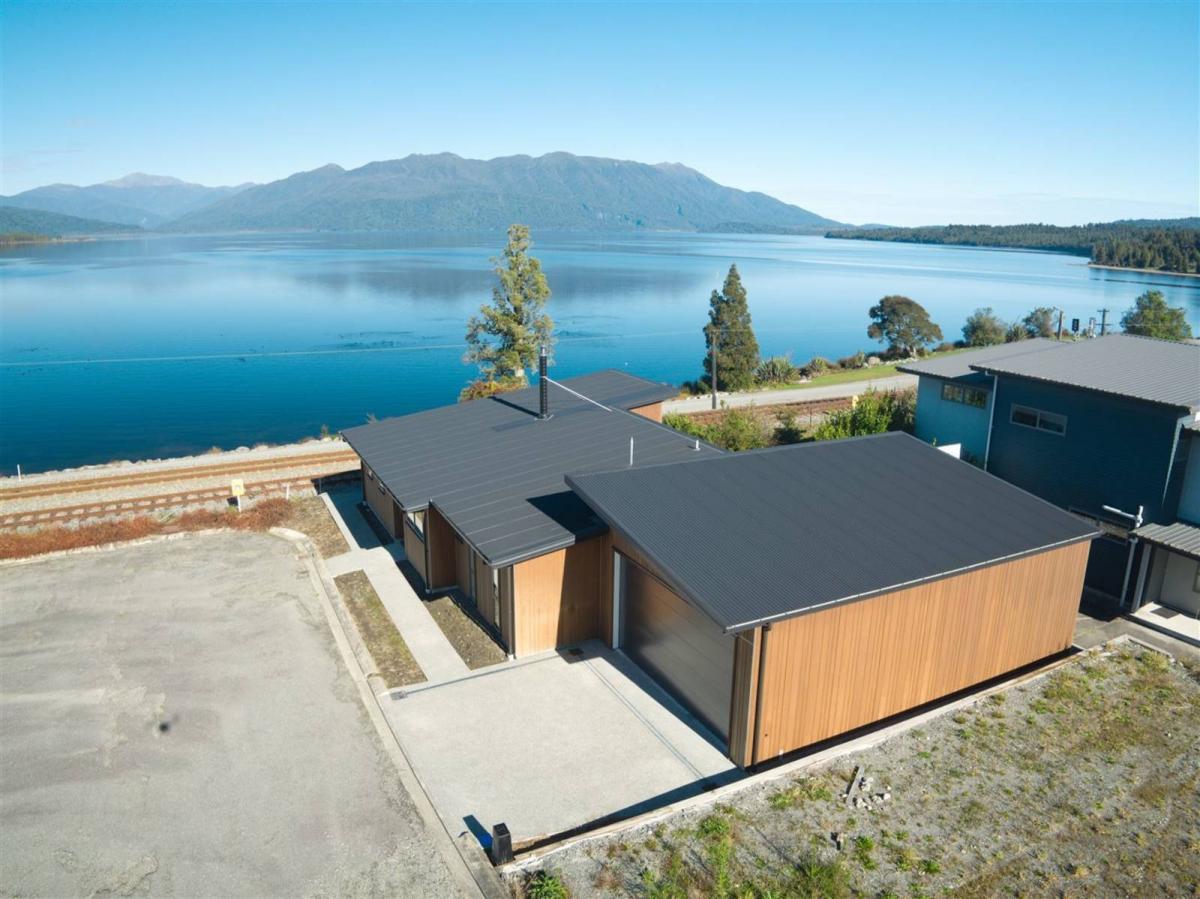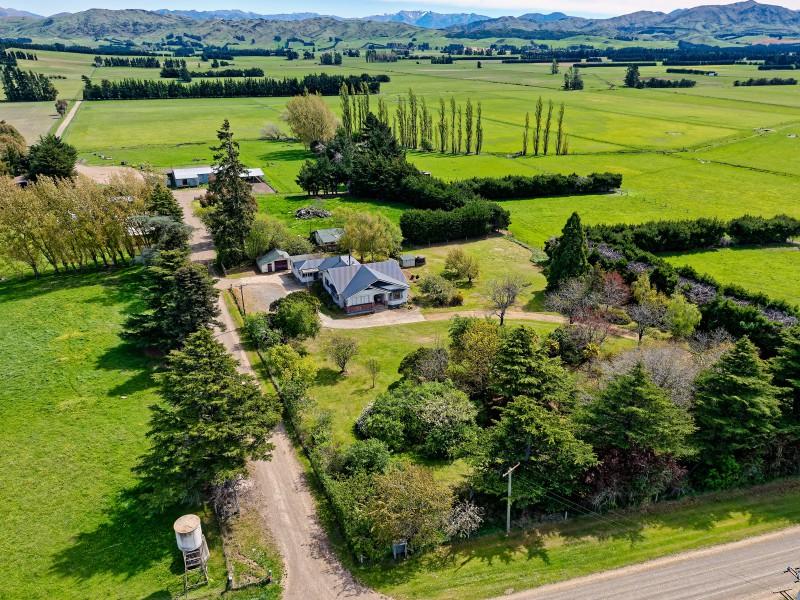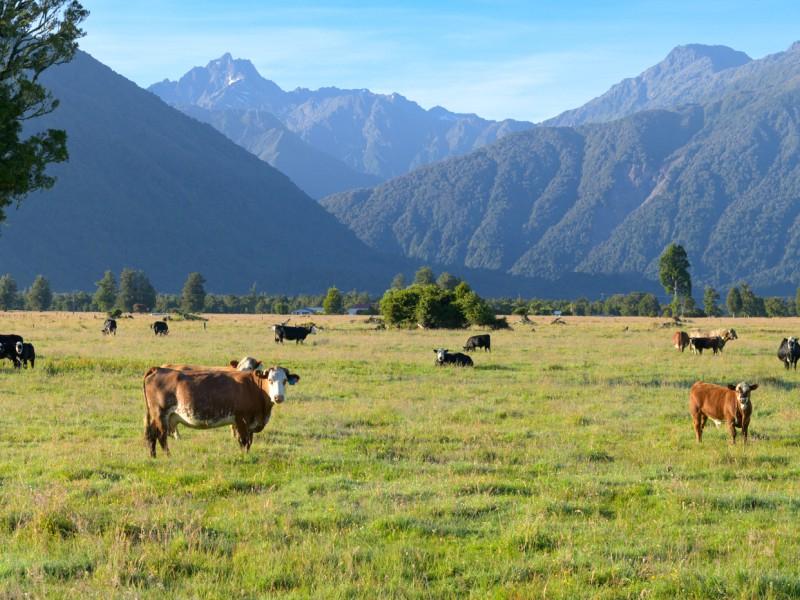West Coast’s three most polluted waterways
By local democracy reporter Brendon McMahon:
The top three polluted creeks on the West Coast will be targeted in a voluntary new approach to help clean up its waterways.
The West Coast Regional Council, using decades of previous data, plans to work with adjoining landowners in to address polluted waterways via "non regulatory methods".
Waimea Creek, which hosts almost a dozen working gold mines, is one of the worst three, with multiple abatements slapped on mine operators following a raft of complaints over many years.
Bradshaws Creek near Westport and Baker Creek near Karamea are the other two on the list, with farming believed to be contributing to poor water quality.
Council's resource management committee agreed on May 7 to press "pause" on its Freshwater Farm Plan measures as it awaits a Government review of the system.
The regional council then endorsed promoting a voluntary approach via the catchment management programme.
Acting planning manager Selva Selvarajah said the proposed approach in working with adjoining landowners was "almost brand new" for the region.
Until now catchment issues had been dealt with by council on a case-by-case basis, he said.
"Non regulatory methods" via catchment management programmes can be effective, based on wider experience.
The pause now on the Freshwater Farm approach gave scope for council's own catchment programme, he said.
Key stakeholders Poutini Ngāi Tahu, the farming sector and the region's dairy company were on board with the new voluntary approach.
Decades of catchment data held by council was used to identify the most problematic areas to make a start, Selvarajah said.
Programme co-ordinator Koeen Beets said their data base on E Coli, phosphorus, clarity, and macroinvertebrates helped them identify "the poorest" catchments.
Waimea Creek, Bradshaws Creek and Baker Creek were "the worst case scenarios".
Waimea had "a very poor" clarity score linked to activity in the catchment. Yet to be harvested plantation forestry, mining and farming were believed to be factors.
Beets said mixed farming dominated Bradshaws Creek, and he presented a picture of stock pugging on that creek's bank as an example.
That creek fed into the same estuary as Martins Creek, above the popular swimming spot on Marrs Beach opposite the town of Westport.
That beach has been on council's radar for years for its poor swimming water quality.
Beets said that catchment would require a broad approach to understand the complex factors at play.
Council environmental scientist Jonny Horrox said Martins Creek would not be ignored following a previous community-group approach.
There was less farming in that catchment compared to Bradshaws, he said.
Beets said the E .coli levels for the dairy-dominated Baker Creek at Karamea was very poor.
He said it was on a score where if a swimmer dipped into it 100 times, they would become sick from seven of those swims, he said.
Consultant Nicola McGrouther, an expert in catchment management, said the aim was to support adjoining landowners to voluntarily make changes to improve water quality.
"They need to be farmer-led and community-led," she said.
Each catchment programme would be unique with an underlying standard approach similar to that used by the NZ Landcare Trust community catchment model.
"We work with those communities to understand what the issues are."
Councillor Frank Dooley, who queried a possible link between Westport's wastewater treatment site and the headwaters of Bradshaws Creek, said he wanted to see an action plan on how the groups would be formed.
Council chief executive Darryl Lew said council already had external funding to employ Beets as the direct contact, and two further interns.
Lew believed council could direct adequate resources to support three catchment groups meantime with the existing funding until June 2025, with the council's proposed long-term plan incorporating it from there.
Poll: Should all neighbours have to contribute to improvements?
An Auckland court has ruled a woman doesn’t have to contribute towards the cost of fixing a driveway she shares with 10 neighbours.
When thinking about fences, driveways or tree felling, for example, do you think all neighbours should have to pay if the improvements directly benefit them?

-
82.3% Yes
-
14.9% No
-
2.8% Other - I'll share below
Live Q&A: Garden maintenance with Crewcut
This Wednesday, we're having another Neighbourly Q&A session. This time with John Bracewell from Crewcut.
John Bracewell, former Black Caps coach turned Franchisee Development Manager and currently the face of Crewcut’s #Movember campaign, knows a thing or two about keeping the grass looking sharp—whether it’s on a cricket pitch or in your backyard!
As a seasoned Crewcut franchisee, John is excited to answer your lawn and gardening questions. After years of perfecting the greens on the field, he's ready to share tips on how to knock your garden out of the park. Let's just say he’s as passionate about lush lawns as he is about a good game of cricket!
John is happy to answer questions about lawn mowing, tree/hedge trimming, tidying your garden, ride on mowing, you name it! He'll be online on Wednesday, 27th of November to answer them all.
Share your question below now ⬇️
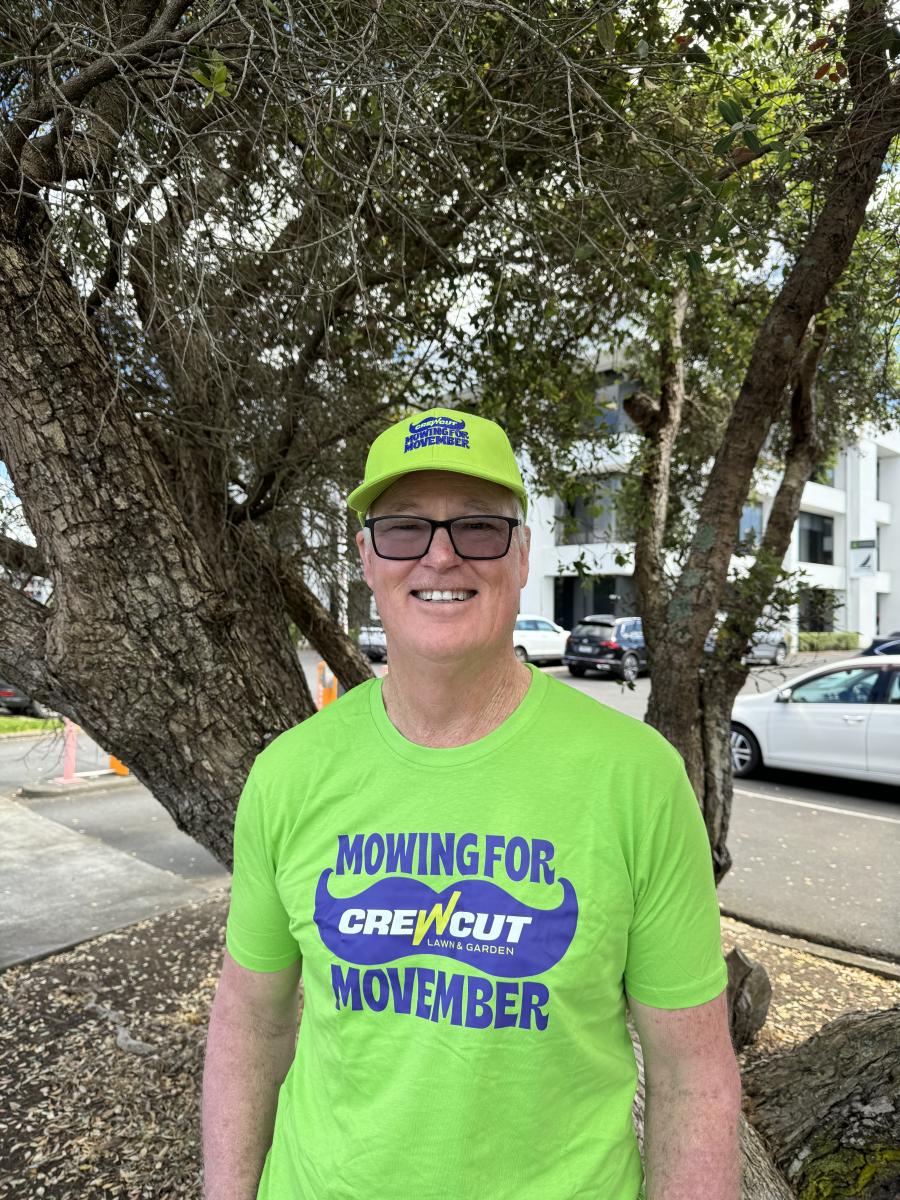
Today’s Riddle – Can You Outsmart Your Neighbours?
First you eat me, then you get eaten. What am I?
Do you think you know the answer to our daily riddle? Don't spoil it for your neighbours! Simply 'Like' this post and we'll post the answer in the comments below at 2pm.
Want to stop seeing riddles in your newsfeed?
Head here and hover on the Following button on the top right of the page (and it will show Unfollow) and then click it. If it is giving you the option to Follow, then you've successfully unfollowed the Riddles page.

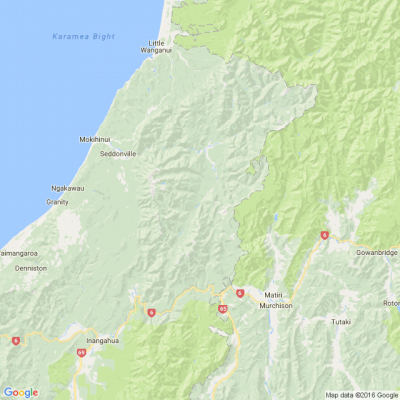
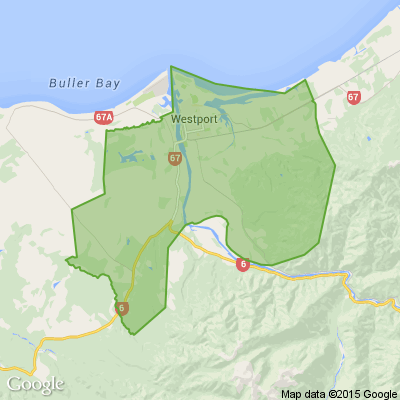




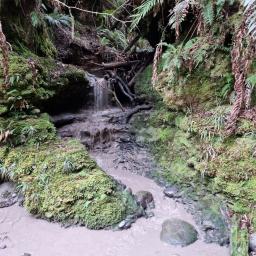
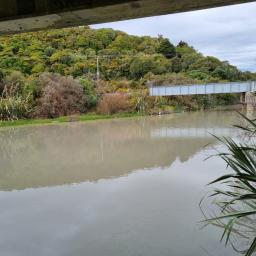
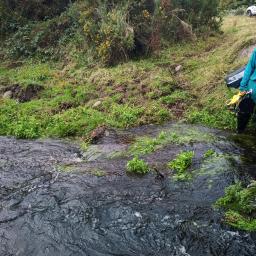
 Loading…
Loading…













